Mysore/Mysuru: Along with the team of doctors, frontline workers and healthcare staff, who are working to minimise the devastating impact of COVID-19 pandemic, there is a dedicated team of lab technicians who are collecting samples for RT-PCR tests at over 10 points in city.
Among the swab-collection centres across Mysuru city, the centre located at Chikka Gadiyara (Dufferin Clock) is the busiest with long queues at any given point of time. They collect throat swab (oropharyngeal) and nasal swab (nasopharyngeal) samples of potentially infected persons.
The second wave is stretching lab technicians, lab supervisors and non-medical lab technologists to the limits, as it does all others in the medical fraternity. The process of swab sample collection of a person does not take more than 30 to 40 seconds but it is a high risk job, say experts. There are eight to ten teams of lab technicians who have been deputed by the Mysuru City Corporation (MCC) to this job relentlessly since the first wave of the pandemic.
Testing peaked when the second wave started and now the State Government has drastically cut the daily testing by half — from 7,500 to 3,500. A swab-collection point typically collects 150 samples per day which was earlier at 200 to 300 samples. These lab technicians, lab supervisors too face steep challenges as they dispense their duty in these difficult times.
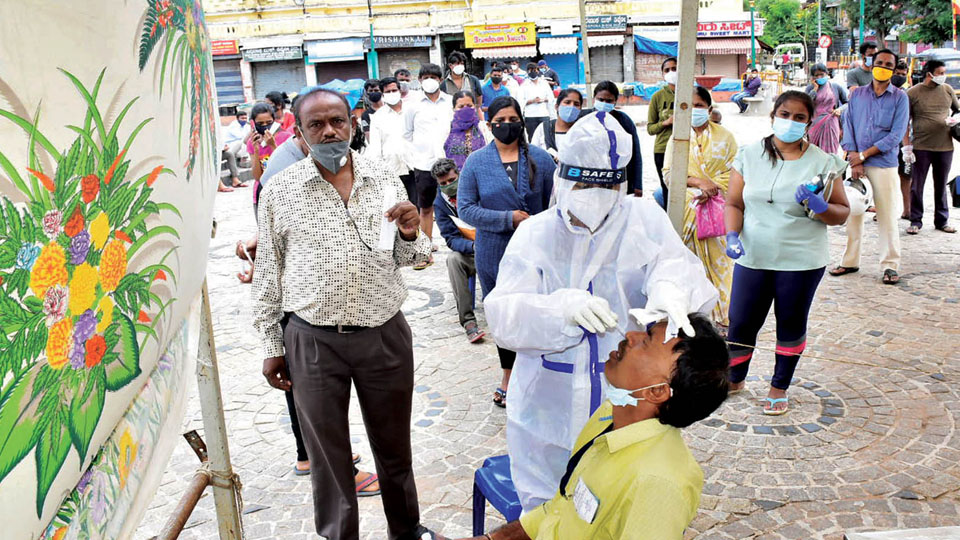
A tiring job
“Along with doctors and nurses who are generally considered frontline workers, we also play an important role every day,” Aiman Rifa, who has been collecting swab samples since August last year told Star of Mysore.
After completing her lab technician course, she was working at a private laboratory from where she has been assigned this work.
“It is a tiring job, wearing a PPE kit and we don’t take rest at all. In our four to five hour schedule, we hardly take 5 minutes break and here too, we cannot remove the PPE kits. Amidst the fast paced work, we cannot even touch a water bottle and most of the times, other staff at the swab-collection centre pours water from a bottle to quench our thirst,” she said.
A swab-collection centre is typically handled by three to four persons. While one person is assigned to do data entry with mobile phone (taking Aadhaar Card), the other writes the VTM (the name and SRF ID written on the RT-PCR tube after samples are collected), the other person writes down details in a book. Unless the data is entered on mobile phone, SRF ID is not generated and without this, there is no test.
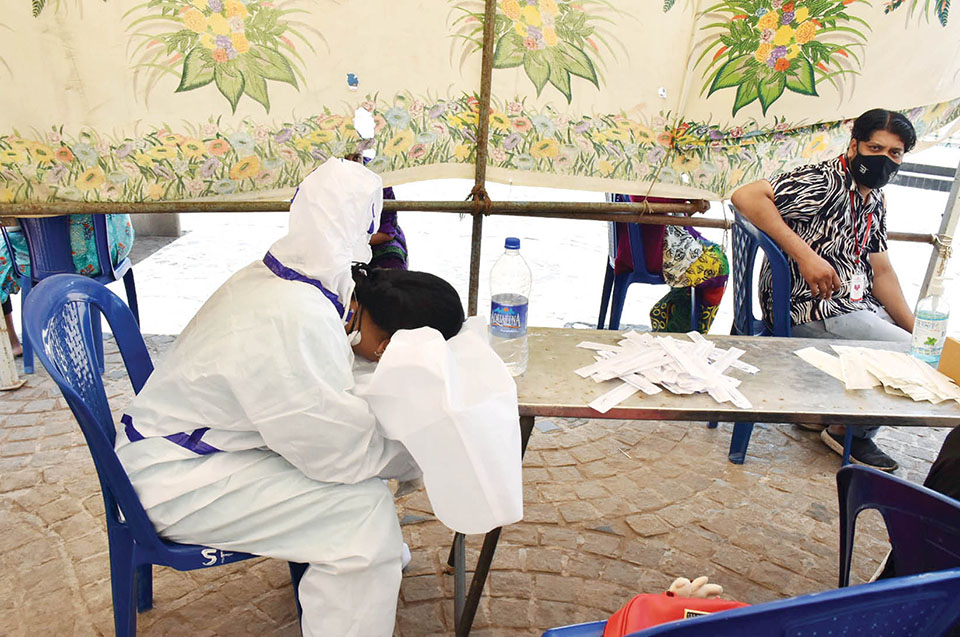
Always alert
“A 10 to 12 cm long stick is used to collect sample from a person’s throat, while the stick used for collecting sample from nose is comparatively longer and thinner. Before the person coughs or sneezes, we need to finish sample collection,” Aiman Rifa added. They need to stay alert as the swab samples are to be sealed immediately and kept in a proper storage facility.
The most noticeable part of their work is putting on the PPE suit and continuing in it. It obviously does not make for comfort, only safety. “It is sweaty inside and there is a lot of discomfort. But we have to do our job,” she said.
They have a 4-hour tight schedule and after collecting samples, they visit District Health Office at Nazarbad to deposit the samples and from there, they are sent to various laboratories. All samples come here for centralised lab distribution.
“After our team leaves the centre, other team takes over. We distribute work among ourselves and take turns. Earlier, we used to collect 250 samples a day and now it has reduced a bit,” said B.G. Amulya who has been collecting samples since seven months.
Amulya has completed her lab technician course at a private institution and is pursuing B.Sc course in the online mode as offline classes are not possible now. “We need to finish the work in a short time to avoid contact with patients and also with those who come to give their swab samples,” she said.



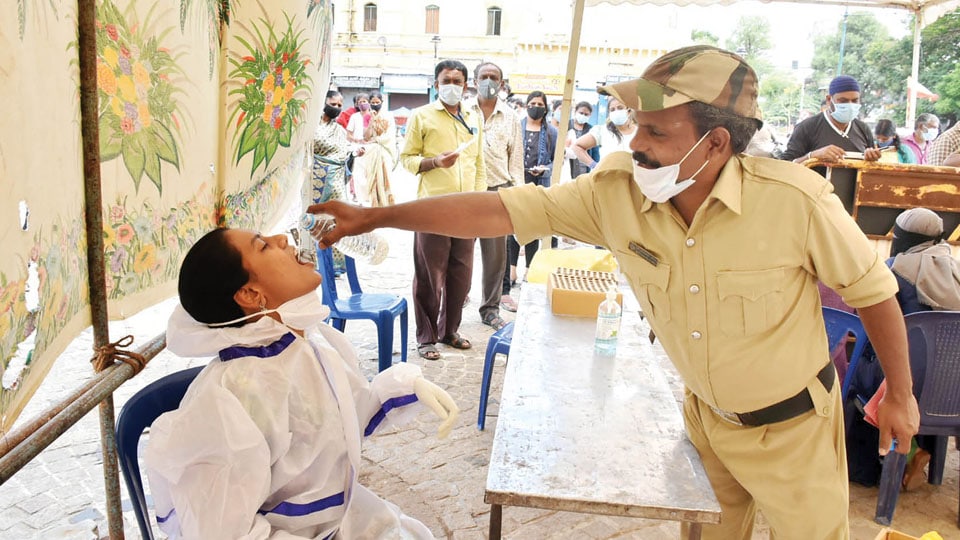

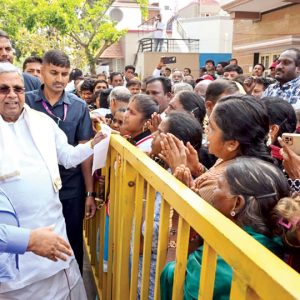
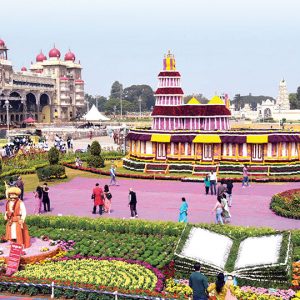
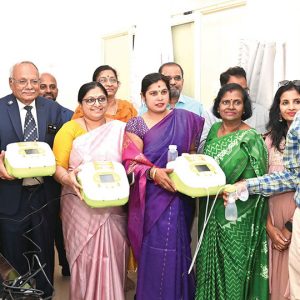
Recent Comments